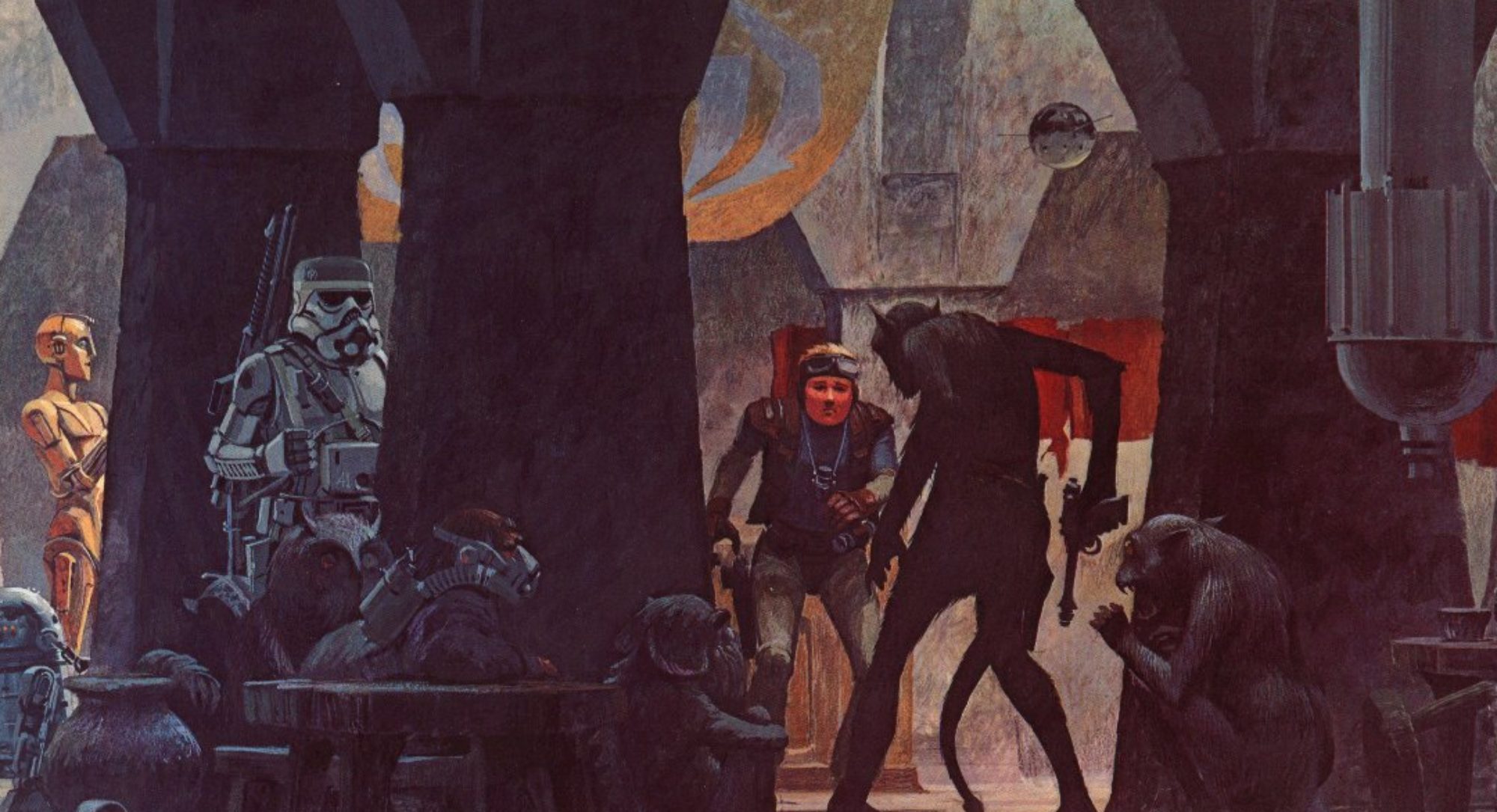![]() The internet is abuzz this morning with Amazon’s announcement of Kindle Worlds, which is a new program that allows writers to produce officially-sanctioned fiction for sale in any of the intellectual property story settings that Amazon licenses under the program. The work will be made for sale on Amazon, with both the writer and the rights-holder getting a cut of the income. They’re rolling out with licenses from Warner Brothers for Gossip Girl, Pretty Little Liars, and The Vampire Diaries (all fan-fiction favorites), with licenses for more Worlds on the way.
The internet is abuzz this morning with Amazon’s announcement of Kindle Worlds, which is a new program that allows writers to produce officially-sanctioned fiction for sale in any of the intellectual property story settings that Amazon licenses under the program. The work will be made for sale on Amazon, with both the writer and the rights-holder getting a cut of the income. They’re rolling out with licenses from Warner Brothers for Gossip Girl, Pretty Little Liars, and The Vampire Diaries (all fan-fiction favorites), with licenses for more Worlds on the way.
The full press release, with more details than the announcement, can be found here. The details for interested authors can be found on the Kindle Worlds Authors Page. In short, there will be content guidelines provided by the rights-holder for their setting, which must be adhered to. Amazon Publishing will be the publisher of the work, and pay a standard royalty rate (for works of at least 10,000 words) of 35% of net revenue. Short works (between 5,000 and 10,000 words) will pay 20% of net revenue. Royalties will be paid monthly.
 Even though this is being described by everybody (including Amazon) as “fan fiction”, what we’re really talking about here, since people are getting paid, is tie-in fiction — which, as any reader of the myriad Star Trek paperbacks released since the 70s can tell you, is a pretty big field… and Amazon has just blown the doors wide open, potentially making it bigger.
Even though this is being described by everybody (including Amazon) as “fan fiction”, what we’re really talking about here, since people are getting paid, is tie-in fiction — which, as any reader of the myriad Star Trek paperbacks released since the 70s can tell you, is a pretty big field… and Amazon has just blown the doors wide open, potentially making it bigger.
As with any Amazon announcement, there’s a ton of pearl-clutching and chicken-littling going on out there: Amazon is “destroying another avenue of creation” by “monetizing fan fiction”, which will mean that free fan fiction will be subject to Cease & Desist letters from rights-holders who now see they can make money from it… y’know, the usual fretting about things which haven’t happened yet. I see it far more likely to be a situation like fan-films, where some rights-holders (Lucasfilm, for example), went from issuing C&Ds to instead enabling fan filmmakers by providing source material (sound effects, etc.) and even centralized hosting space, in return for filmmakers agreeing to a set of guidelines.
I see writers worrying about whether or not ‘fan fiction rights’ are going to be something they need to cover in future contracts — to which I say: you should be covering ALL subsidiary rights in your contracts already, in a world of transmedia application and constantly-evolving media formats. I suspect that Kindle Worlds will remain largely focused on large-corporation TV and Film franchises, rather than being open to individual creators as licensors (just on the basis of scale), but if you’re only just now thinking about how the shifting media landscape impacts your contracts… well, better late than never, I suppose.
I also see writers also complaining about the terms of the deal, which give the rights-holder a license to use your originally-created elements (characters, plots, etc.) in other works without further compensation to you. You can tell that these writers have never worked on licensed product before, because — speaking here as somebody who crafted material for an RPG supplement that was later used, without compensation or credit, as canon in an episode of Star Trek: Enterprise — this is absolutely bog-standard. You play in somebody else’s sandbox, they get to use the castle you built.
In my opinion, the biggest problem that I see coming for Kindle Worlds is the reluctance of rights-holders to sign on (or for those that do, to sign on fast enough for the demand that will exist). I guarantee you that people will be clamoring to write material for big geek-genre properties like Star Trek, Doctor Who, Firefly, etc. — and the question will be whether those rights-holders will heed the call, or leave money on the table.


